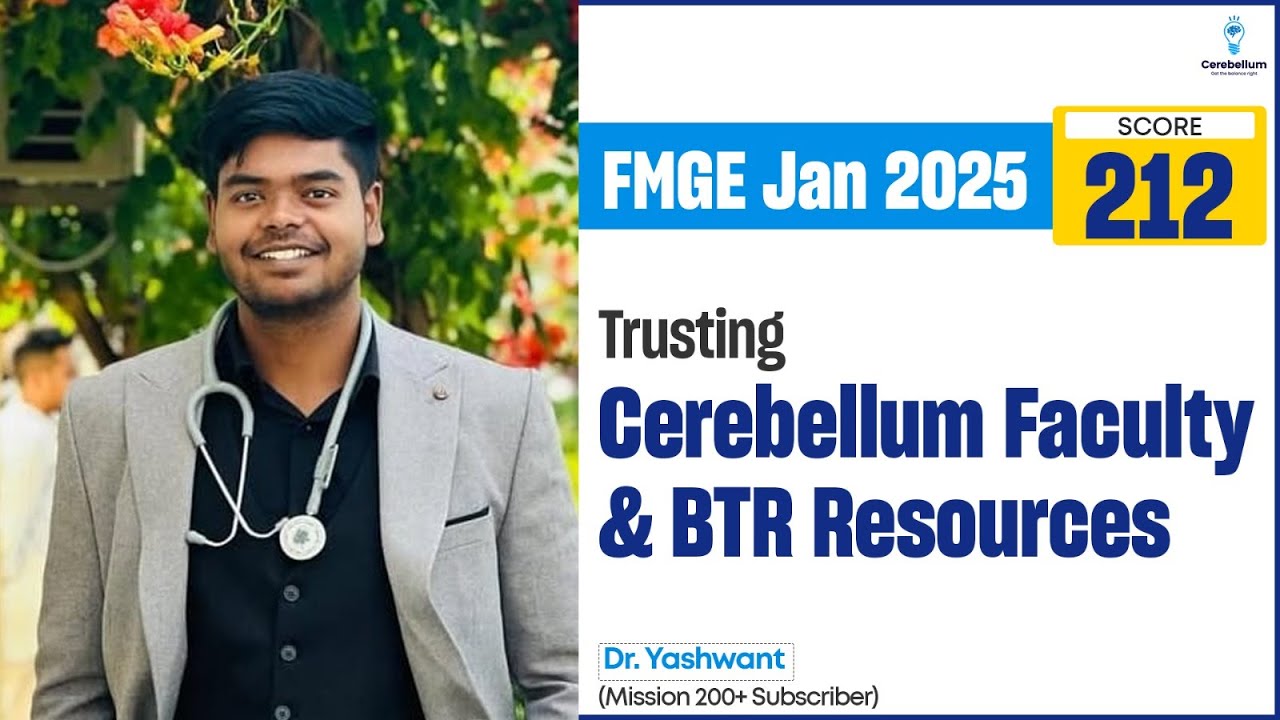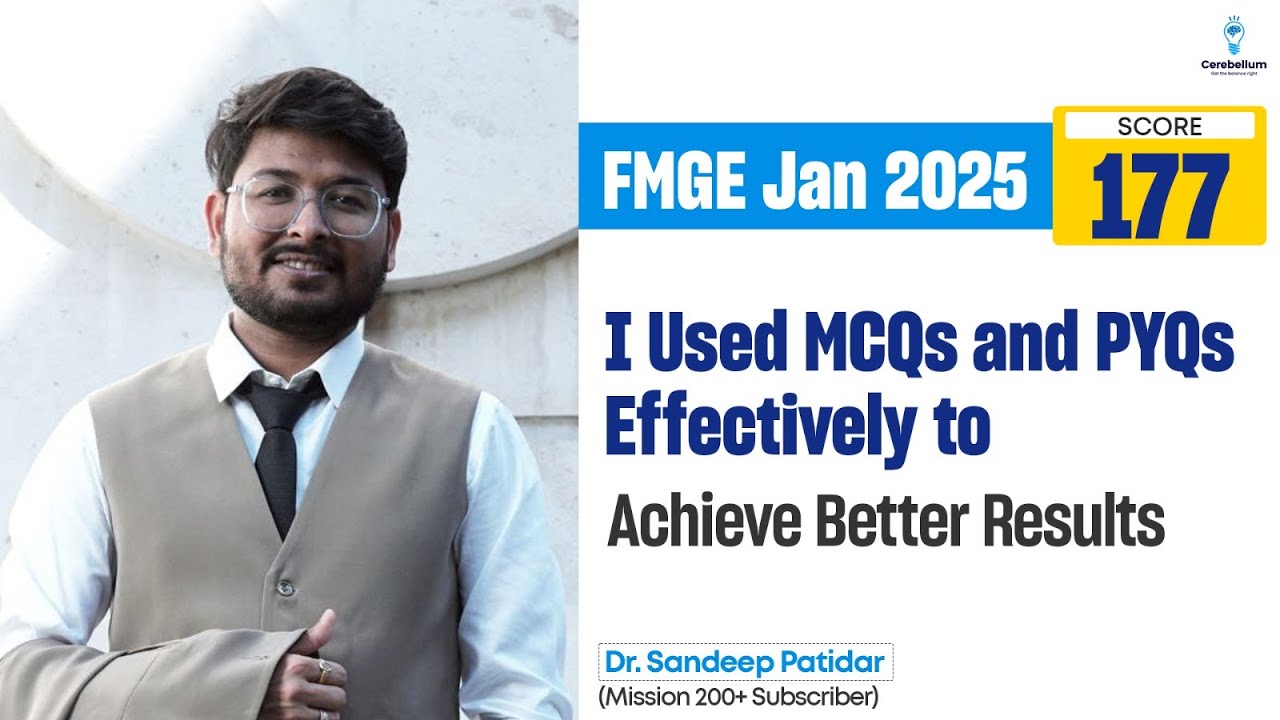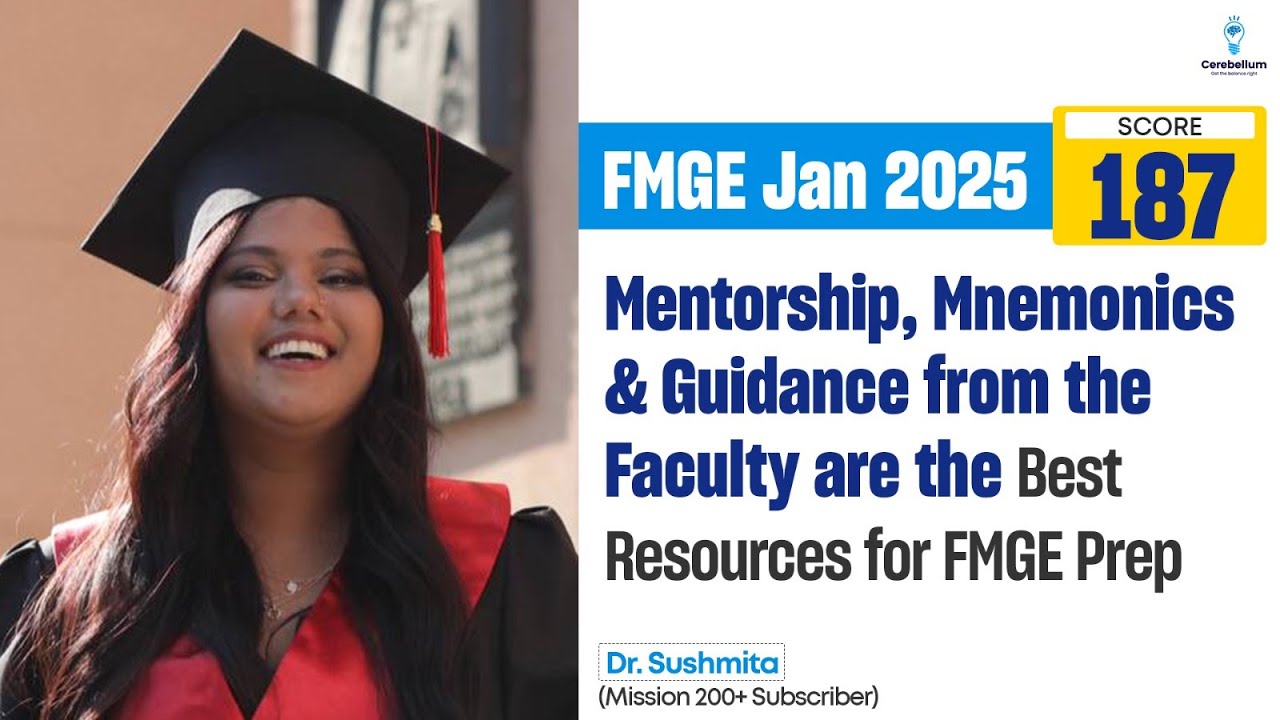It is one of the significant transitional phases for any medical graduate. It determines your branch of specialization and shapes your future career. Each decision-making phase has its hurdles, confusions, and pitfalls to bear with. Here we present a detailed description of some very common mistakes students make during the NEET PG counselling process and how to avoid them.
1. Taking Advice from the Wrong Sources
- One of the initial mistakes students generally make is taking advice from people not well-advised on this subject matter.
- Most of the students tend to resort to peer-group seniors (PGs or SRs) for their advice regarding branches. Though they look like the most obvious choice, PGs and SRs are usually missing the crux of things on how the field works outside of medical colleges.
- This can lead to skewed perspectives concerning careers and decisions that may not align with some long-term career goals.
- Approach someone in the real world an experienced doctor for more practical insight into the field.
2. Thinking Income Is Completely Based on Branch
- It is also a common failing that either a branch suits or never pays.
- Check Reality: Income is dependent on multiple factors: effort, business acumen, and creating opportunities within the branch.
- For instance, a psychiatrist running a successful de-addiction centre or inpatient setup can earn significantly more than one who practices without these setups.
- Concentrate on what you are willing to do in a given branch to achieve financing successes, rather than just about the branch per se.
3. Preferred Branch Over the College
Selecting a college based on its reputation and trying to cope with the branch you may not like is one of the biggest blunders.
Give utmost priority to the branch you want to pursue over the most glamorous college.
Example: If you aspire to be a doctor, then it is better to choose the stream at a state college than an undesired stream in AIIMS.
Tip: It is the branch that defines your career and not the name of a college.
4. Judging Effort Against Outcome
A degree does not justify success in any branch; the impact, however, comes after college, when a career path starts coming alive.
Be it setting up clinics, or doing additional certifications, it is these pursuits that make the difference.
Example: A cosmetologist from a lesser-known medical college who opens a clinic in a prime area may earn more than a faculty member at AIIMS working in dermatology.
Tip: Think of the degree after and beyond post-graduation; maximize opportunities post-PG.
5. Thinking of Earning Over Passion
This approach will often lead someone to pursue a branch solely based on earning every year, forgetting about personal interests and passion for the subject.
In the end, they will feel frustrated and burnt out.
Tip: Choose a branch according to something you connect with; that way, you won’t regret your choice later.
6. Burnt-Out Decision-Making Environment
Students, tired and overwhelmed after two years of a rigorous internship or drop year, often make decisions in a confused, frustrated state.
Under this influence, some take “cool” or moderate branches instead of going on with their genuine interests.
Such decisions tend to instill considerable regret with time.
Tip: Take some time to sift through the myriad of options, and don’t base your decisions on temporary states of mind.
7. Overemphasizing the Importance of the MD Degree
Choice between doing MD in any non-clinical branch and doing a diploma in any clinical branch of study tends to create confusion among students.
A diploma in the clinical branch of study may pay off better if you have a clinical bent of mind, as opposed to an MD in the non-clinical branch of study.
Outside medical colleges, what makes the difference is how well you treat your patients and gain their confidence, not the title of the degree that you hold.
Tip: Letting college perceptions cloud your judgment is a bad idea; focus on what meets your career goals.
8. Too Gripped with Perception
Fear of ridicule prevents some students from choosing specific branches of study or pursuing diplomas.
While they may have asymmetric rank and judgmental biases during medical school, outside in the real world, fundamental skills, good communication, and results matter far more than a title.
Tip: Shut out the noise and develop into an accomplished practitioner; patient satisfaction is the ultimate measure of your success.
9. Depending on Contingency Options
Some students just take up a branch seat thinking that they will prepare for yet another exam or change streams altogether.
This hardly ever works, as most branches require a fair bit of time and effort and leave very little room for any further preparation.
Tip: Invest in the branch you choose and work on becoming an expert, rather than maintaining a “plan B.”
10. Being Influenced by Medical College Norms
Prestigious hierarchies in medical schools (e.g., ortho being more respected amongst peers in psychiatry) affect students’ choices often.
However, these hierarchies hardly have any impact in the real world. What in fact determines success for a student is acquired patient trust, communication skills, and competencies.
Tip: Don’t let college norms influence your choices. Focusing on building a career that plays to your strengths and interests is crucial.
NEET PG counselling is a pivotal phase, and the decisions you make will shape your career.
- Avoid making decisions under stress or external pressure.
- Choose a branch based on your interests, passion, and long-term goals—not fleeting perceptions or societal expectations.
- Remember, success in medicine depends on your dedication, skills, and ability to build trust with your patients—not the branch, degree, or college prestige.
By avoiding these common mistakes and making well-thought-out choices, you can set yourself up for a fulfilling and successful career in medicine.
Download Cerebellum NEET PG Preparation Android app
Download Cerebellum NEET PG Preparation iOS app
Download Cerebellum NEET PG Preparation iphone app










